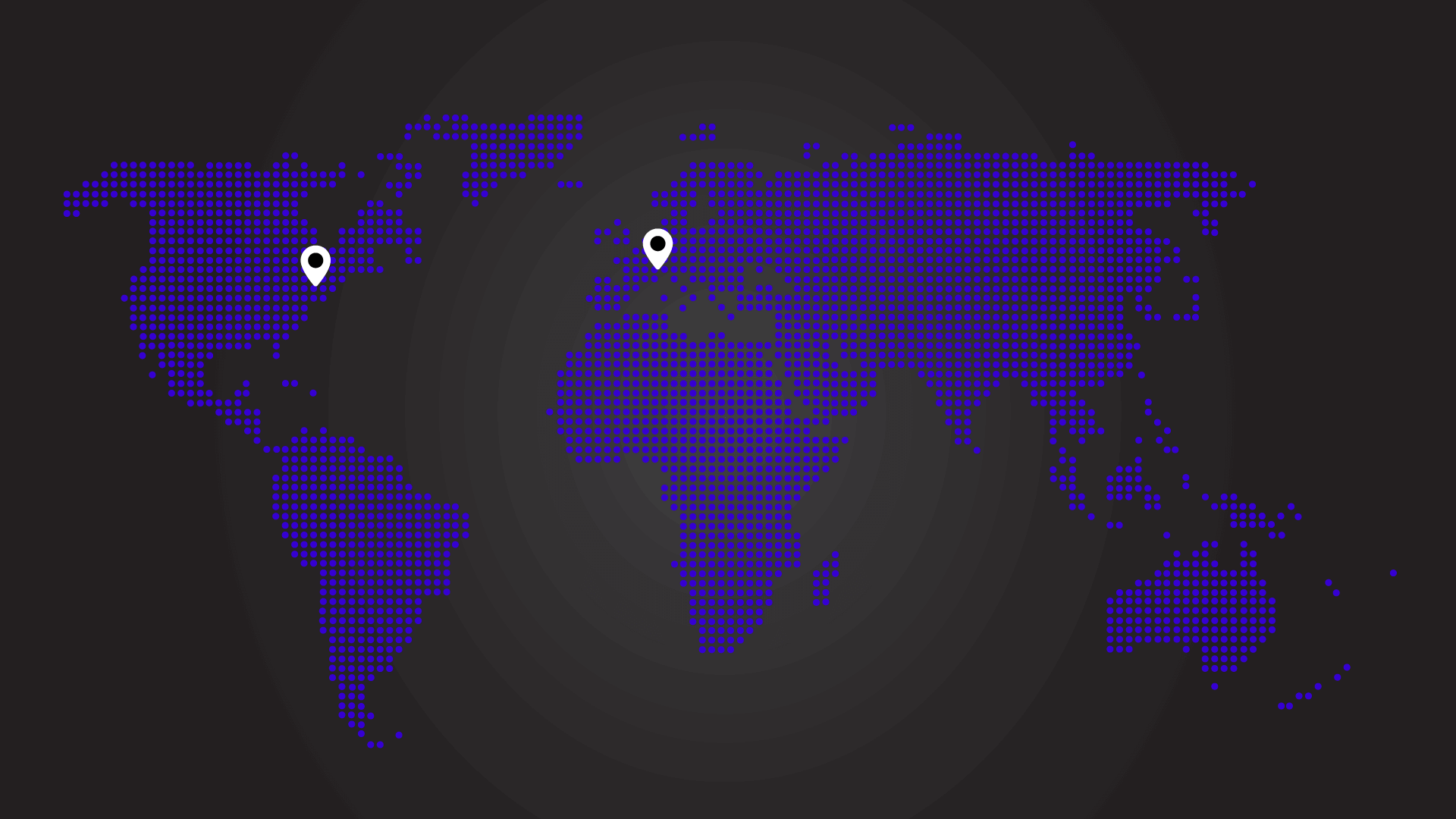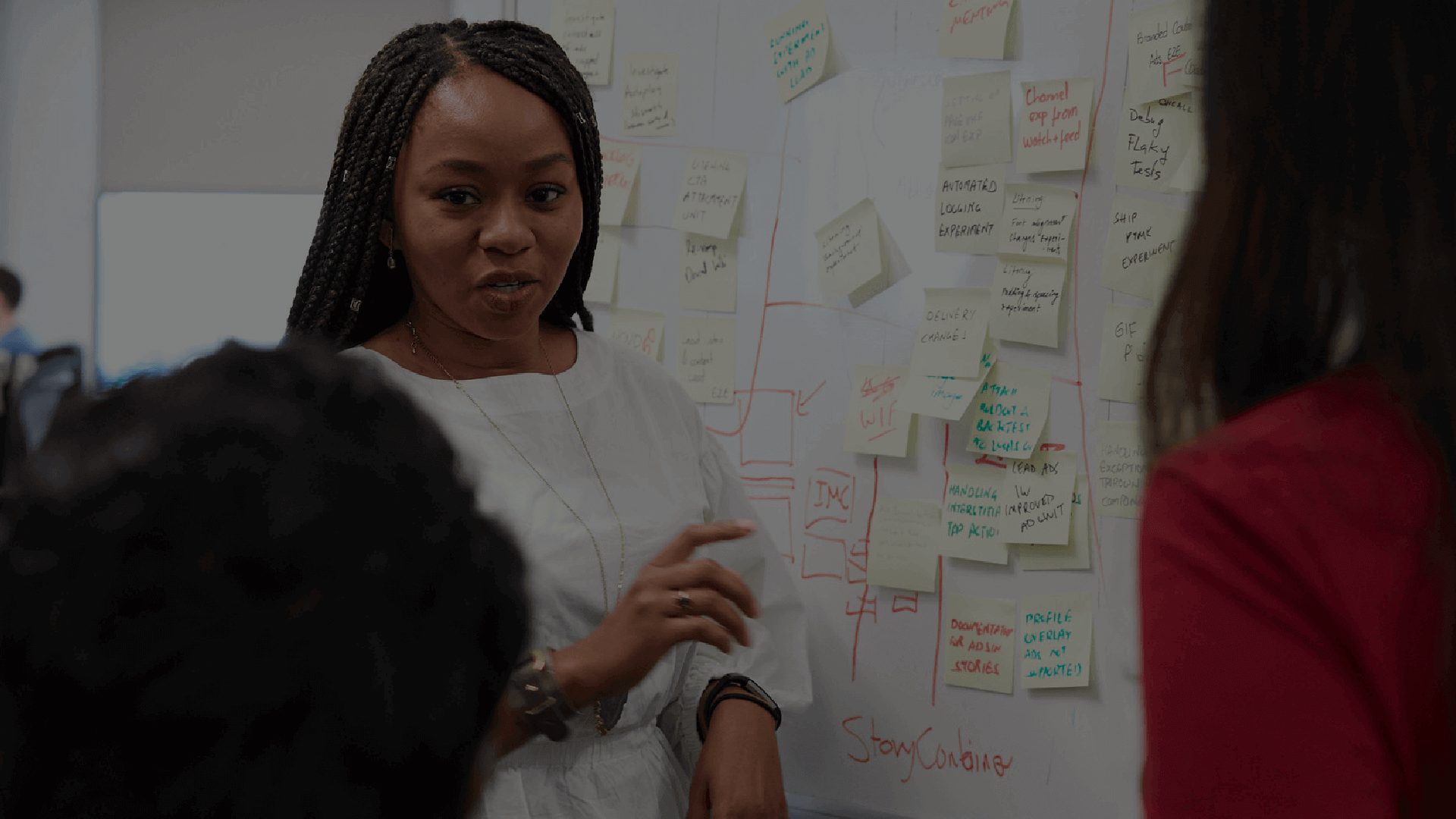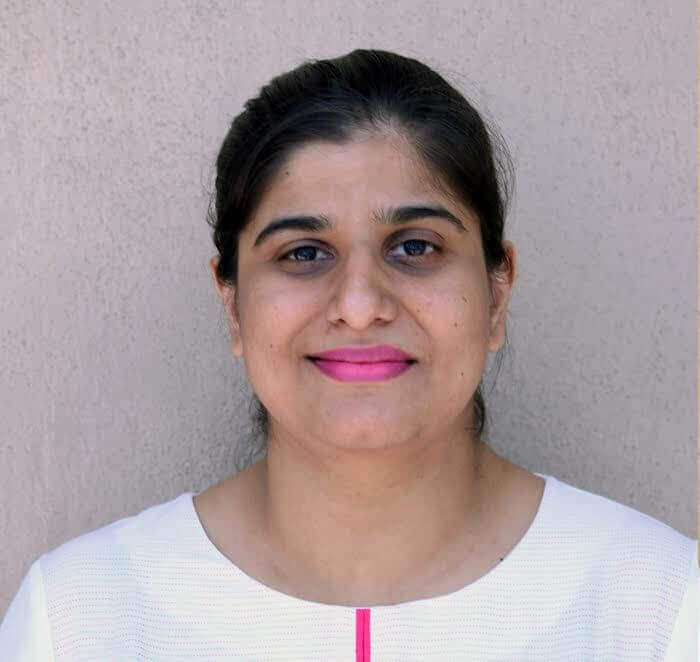


Global Online Scrum Leadership Event
Find inspiration to overcome the VUCA conditions to redefine the future.
Hear from the best Scrum, Leadership & Management minds.
Gain new insights and embrace new perspectives.
Learn how you can be future ready in changing times.
Join the pioneers and participants from all across the world.
Come together to imagine and define the future, and lead through volatility.
Global Online Scrum Leadership Event
The industry is witnessing instability. It is experiencing an extreme marketplace volatility in the wake of COVID-19.
Our mission is to address the challenges of the current business environment, and guide the industry to lead through the volatility by bringing the best knowledge and information from the pioneers and leaders of Scrum, and advance the conversation to actionable ideas.
‘Rethinking’ is the need of the hour. Our goal is to discover the new skills, tools and norms in the current situation to improve the ways of working and life of people.
Join us in exploring ideas on “Leading through Volatility”
Global Online Scrum Leadership Event


One of the most effective tools in recent years has been the use of Scrum Essential Cards to coach teams to improve their Scrum practice in their organization. These cards describe Scrum by using Essence. Essence is the international standard for defining methods and practices. Ivar Jacobson's company has worked with Dr. Jeff Sutherland, the Co-Creator of Scrum, to define a set of cards that provides a complete definition of Scrum consistent with the Scrum Guide. For instance, the cards have been used to have teams "Build Their Own Scrum" to clarify what parts of their implementation need work and define process improvements that need to be made in each sprint. Jeff Sutherland: “Work with these cards with hundreds of teams shows that the average Scrum team implements 1/3 of the 21 components of Scrum well, 1/3 of the components poorly, and 1/3 of pieces of Scrum not at all. Daily practice with only a third of components working well is like driving a car with wheels missing."
Exercises with these cards are dramatically revealing about how Scrum should work, how people on the same team may have different ideas about what Scrum is, and what a team needs to do next to improve their process. Jeff Sutherland: “One participant in this exercise using the Scrum cards said he learned more about Scrum in one hour with the Essence cards than he did in the previous six years of being on a Scrum team."
In particular, Scrum Essentials can result in a better retrospective, improved selection of process improvements for each sprint, a more clarifying Daily Scrum, and a more valuable shippable increment of product at every Sprint Review.
Learning Goals:
In this talk Dr. Ivar Jacobson will respond to the questions ‘why Essence’ and ‘what is Essence’ but focus on the question ‘How does Essence make Scrum better’. In particular, he will describe some new use cases of critical value to teams:
Although the focus of the talk is on getting a better Scrum, the talk will naturally extend to getting a better software engineering in general – an objective on the design of Essence by the organizations that created the Essence OMG standard.
A fresh introduction to modern software engineering and Scrum is guaranteed.

Few Product Owners — and even fewer Developers — spend a day in the life of the end user to understand business pain points. Our solutions end up being only best guesses that miss the mark. Then we deliver something Done and our framework says to move on to the next iteration. All of this somehow passes as being agile.
In the meantime, end users face the gap between their real need and our supposed solution. This multiplies the rate at which end users supposedly generate "new requirements." Yet there is nothing new about the needs: nothing in the business has changed, but the reality of the product makes it more difficult to gloss over important questions. And we screw the users by making them pay for the changes.
Beating waterfall doesn't mean covering up poor requirements elicitation by pleading volatility, but rather carefully exploring requirements with concrete prototypes and end-user workshops (as in waterfall), as well as managing for outcomes by attending to the real use of previously delivered features. Great agile delivers less on its first delivery than perfect waterfall (where we have just the right amount of exactly the right specifications), has higher per-feature cost than perfect waterfall, but has earlier partial delivery and lower overall cost than perfect waterfall.

We all know the drill, pivot faster and embrace innovation in these turbulent times. But how do you adapt your process and reach the outcomes that matter?
Gabrielle will give an introduction to Mobius, a navigator that allows you to create a customized innovation model connecting strategy to delivery.
Rather than prescribe one set of practices or one framework, this next-generation approach allows you to combine models in new and novel ways. Alistair Cockburn describes it as the ‘first real post-agile framework’, allowing people the structure and freedom to innovate effectively.
Gabrielle will show you some examples from social transformation in a war zone, pivoting a restaurant business model in 5 hours, to enterprise transformation at Red Hat.

eduScrum®: an opportunity to close the gap between the educational offer and the market requirements?
Willy Wijnands, creator & founder of eduScrum® and initial co-creator of Lightschools® and a passionate Chemistry & Science teacher, believes that Scrum suits the needs of the fast changing market. The workforce of tomorrow has to cope with these changes. Unfortunately, the current educational system is obsolete and this creates a gap between the educational offer and the market requirements. Could eduScrum become the connecting element?
He draws a parallel between Scrum and education environments. The starting principles are the autonomy and authenticity of people. Willy believes that children do take responsibility and can work together independently.
By using eduScrum, students work together in an energetic, effective and focus way. In small teams the self-organize their work and thereby learn engagement, commitment and taking responsibility. They train to self-reflect and give feedback to themselves as well and to their classmates and to continuously their own and team working process.
And most important: eduScrum students go through a strong and positive personal development. They get to know their own qualities and find out how to use their own resources. Tracking the learning process and progress is hereby always easy by using the eduScrum meetings and tools.
During this session, he shares his experience in implementing Scrum in education and the benefits eduScrum brings and lets you experience how you can use eduScrum as a tool to work with students in teams and create an Agile mindset by the students.



In this session, Dr. Jeff Sutherland (inventor of Scrum@Scale and Scrum Framework) will share the origins of the Scrum@Scale framework. Dr. Jeff Sutherland developed Scrum@Scale based on patterns of high performing teams, the fundamental principles of Scrum, Complex Adaptive Systems theory, game theory, and object-oriented technology. Jeff will share key concepts and case studies of Scrum@Scale implementations and how the framework enables companies to scale without losing productivity.

The year 2020 has demonstrated the need for governments, organizations, teams and people to be more Agile. COVID-19 and the associated economic, social and environmental impact has turned many well-built plans into messy wish lists and impossible targets. Agile has become not just a competitive nice to have, but a foundational requirement for success. But what is this Agile? Is this the same agile as Scrum defined 25 years ago? Or is it some new agile that embraces everyone? In this talk Dave West, CEO of Scrum.org talks about the lessons we have learnt from Scrum and how they will provide a foundation to the future of work. He will discuss how Lean Startup, Design Thinking coupled with a people centric approach to organizational structure will, when aligned to the right customers and outcomes drive to a more agile and responsive organization.

In her book, The Gifts of Imperfection: Let Go of Who You Think You're Supposed to Be and Embrace Who You Are, Brene Brown shares her 10 Guideposts of Wholehearted Living. Number 7 on that list is “Cultivating Play and Rest: Letting Go of Exhaustion as a Status Symbol and Productivity as Self-Worth”. This resonates strongly with the 8th agile principle about sustainable pace.
In the world of Scrum software development, it is all too easy to get caught up in pumping out user stories and increasing velocity sprint after sprint, but what does that type of hamster wheel mentality do to us physically, mentally, and spiritually? For that matter, what impact does it have on our products? Are we building fast things, or the right things? Are we making time to dream up big, new ideas and/or to build a cohesive team around our mission? How does our current global situation impact our view of work and life?
In this discussion, we will explore the dangers of exhaustion as a status symbol -- for our organizational culture, our teams, and ourselves. We will discuss the specific risks of inadvertently creating a competitive exhausted culture within an agile transformation, and the ways in which we can leverage the agile values and principles in order to mitigate those risks. Lastly, we will take a look inward to assess our own attitudes and views about work life balance - particularly during these unprecedented times.
Diversity is one true thing which we all have in common, and it should be celebrated. We believe that Scrum is for everyone, every project and every domain.
We stand on behalf of everyone to encourage inclusion. In this panel discussion, we will hear multiple voices from our industry, and explore how we can embrace and celebrate differences, inspire creativity and drive innovation.

*The current program schedule is only a draft and is subject to change.
Global Online Scrum Leadership Event

CEO and Product Owner, Scrum.org

Founder, Ivar Jacobson International

Founder, Organizational Pattern &
Scrum Pattern Language Disciplines

Founder and Chairman, Scrum, Inc.

Founder, eduScrum
Celebrating the Diversity as a Gift

NOOPUR PATHAK
Organizer, Scrum Summit
Diversity is one true thing which we all have in common, and it should be celebrated. We believe that Scrum is for everyone, every project and every domain.
We stand on behalf of everyone to encourage inclusion. In this panel discussion, we will hear multiple voices from our industry, and explore how we can embrace and celebrate differences, inspire creativity and drive innovation.
30 August 2020 | 21:30 IST | 11:00 CDT | 18:00 CEST | 10:00 MDT | 12:00 EDT
Global Online Scrum Leadership Event

Organizer, Scrum Summit

Organizer, Scrum Summit

Co-Organizer, Scrum Summit

Co-Organizer, Scrum Summit

Co-Organizer, Scrum Summit
Global Online Scrum Leadership Event
Global Online Scrum Leadership Event
Global Online Scrum Leadership Event
50 Tickets Available

50 Tickets Available
200 Tickets Available
Global Online Scrum Leadership Event